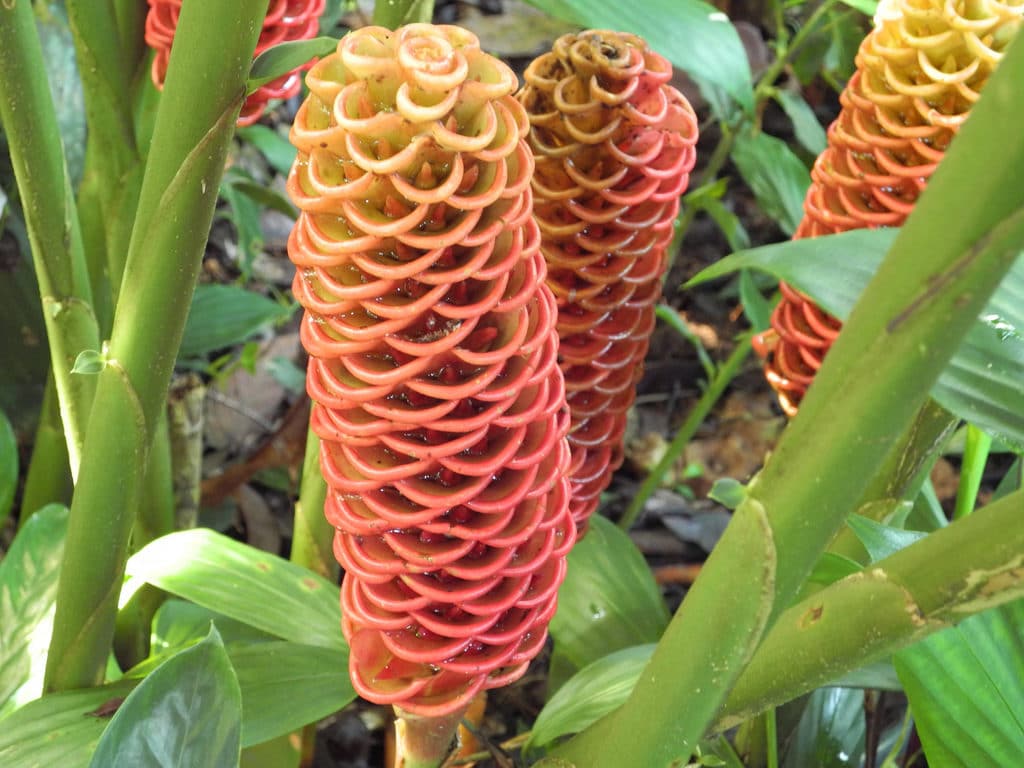
Walking down the street in the late summer days, as the sunlight slowly fades: thoughts about Rosh Hashanah
The hot summer days are leaving without a goodbye and already there is a chill in the air in the early evenings. As the autumn smells wash around the people making their way home in the dimming light, I look at my phone and in the corner of the screen lies the Hebrew date: in less than two weeks it will be Rosh Hashanah, the start of the year and the day when we traditionally mark and appreciate the kingdom of God, the base of our Jewish monotheistic belief. Ten days later it will be Yom Kippur, the day of repentance – a time of awe, power, grace and forgiveness followed swiftly by Sukkot and Simchat Torah, holidays of joy and happiness.
Traditionally, I was told that Elul in Hebrew stands for “Ani ledodi vedodi li” – “I am for my beloved and my beloved is for me”. Often meant to be a symbol of the love God has for each one of us and as a message for this time of the year, as the nights draw in we should become closer again to our beloved God and repent our sins.
A question occurred to me as I made my way through the emptying streets: if the aim of Elul is to become closer to God and Rosh Hashanah is to reaffirm our commitment to his kingdom then why do we only repent later on during Yom Kippur? Shouldn’t we repent first and then once we are forgiven we can go to reaffirm our commitment to God in a pure manner?
We sometimes forget how necessary we are to each other,
so that it can be difficult for us to see how connected each of us are
until something greater comes to push us together.
Looking for an answer, I find that of course I am not the first person to ask this question and one of the great Mussar teachers, Rabbi Yisrael of Salant answers by saying that wanting to cleave to the love of God in Elul is not enough to make one truly repent and therefore it is only after the shock of Rosh Hashanah where we affirm God’s ultimate power are we pushed enough to ask for forgiveness for our sins. Others answer that Rosh Hashanah is also part of the day of judgement and is the start of a process that ends on Yom Kippur, which also helps us to understand the order of holy days.
In my humble opinion, I would like to offer a slightly different aspect on this along the lines of the first answer. Throughout the globe we can see the effects of extremism and the processes of division occurring. There are so many differing views in the public sphere and those on opposing sides find it almost impossible to retain respect for the other, many times legitimising violence against people who do not agree with them. I firmly believe this is because we forget how necessary we are to each other and it can be difficult for us to see how connected each of us are until something greater comes to push us together.
One of the beautiful things about religion is that it causes people to be humble – when people believe that they are merely a small pawn in the vastness of the universe and of history, it make them realise that their own views and ideologies are not as important as the greater good. Rosh Hashanah comes to do this, to enable us to be humble and to remind us of our mortality – the exact mortality that allows us to achieve and strive with the knowledge that each day could be our last. As the famous prayer that was sung by Leonard Cohen implores: “Who by fire, who by water, who in the sunshine and who in the night time?” No one knows when their time to be gone will occur and above all, no one can say that they are more important than the greater good and the master plan. With this in mind and a new found sense of community, free from our own pride and attitude we can set about Yom Kippur, hearts on fire with a willingness to put things right and make sure that the year coming up is free from sin. This is because only after we realise how small we are and how much we need to stick together, can we actually move on to achieve, atone and repent.
My blessing for all of us, of whatever religion – or lack of it – is the following: may this high holiday season leave us with a heightened sense of who we are and of how much we need to care for each other and the rest of the earth. As the days become greyer and the evenings become darker, turn a smile to those next to you and a warm word to those who need it – community is easy to build, very difficult to destroy and the most important thing we can hold onto in a world so lost.
Ronni Gurwicz is a Public Speaking Coach and Ecosystem Sciences Student at Lund University, Sweden. He grew up in the UK and has lived and worked in various countries including Israel and the USA in the teaching, religious and environmental fields.
Ronni Gurwicz è un Public Speaking Coach e studente di Ecosystem Sciences all’Università di Lund in Svezia. È cresciuto nel Regno Unito e ha vissuto e lavorato in diversi paesi, tra cui Israele e USA nei campi dell’educazione, della religione e dell’ambiente.
